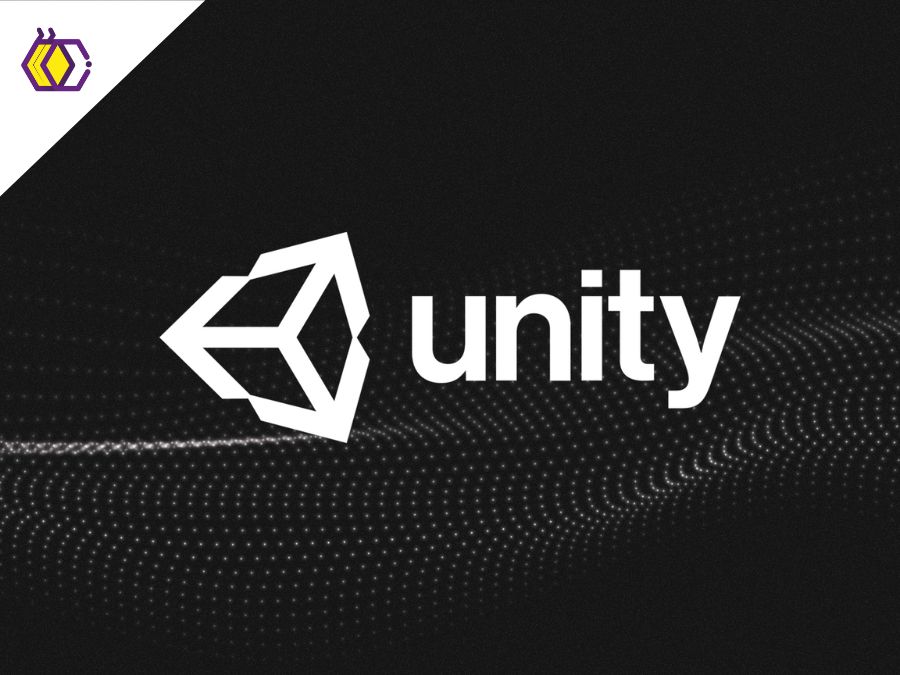

Unity
(8 minutes of reading) Unity is one of the most popular and powerful game engines available today. Used by professional and amateur developers worldwide, Unity offers a wide range of features and tools that make it easy to create amazing games on different platforms. Here, we'll explore Unity's fundamentals, its workflow, and essential features, we will also discuss why it has become a top choice for game developers. WHAT IS UNITY? As we said just above, Unity is a powerful cross-platform game engine, widely used by developers all over the world. Created by Unity Technologies in 2005, Unity offers features and tools that simplify the development of interactive games for multiple platforms. With an intuitive and accessible interface, Unity enables developers of all skill levels to create high-quality games. Its graphic editor facilitates the creation and organization of scenes and visual resources. Additionally, Unity supports multiple platforms, allowing games to run on multiple devices. One advantage of Unity is its flexibility in terms of scripting language. Supporting C#, JavaScript and Boo, developers are free to choose the programming language they prefer. Asset Store is an online library filled with ready-to-use assets such as 3D models and sound effects. These speeds up the development process, allowing developers to focus on more creative aspects. Unity also offers advanced features such as a physics system for realistic simulations and animation tools for creating fluid motion. UNITY’S ESSENTIAL RESOURCES Unity offers a wide range of essential features that make game development exciting and efficient. With its intuitive editor, cross-platform support, flexible scripting language, feature-rich Asset Store, and powerful physics and animation capabilities, Unity empowers developers to create high-quality games with ease. So how about we explore, in detail, these essential features of Unity and how they contribute to the game creation process? Without further ado, let’s get to the main features of Unity. 1) Intuitive Editor: Unity offers an intuitive and easy-to-use development environment. Its graphic editor allows you to efficiently create, edit and organize scenes, objects, and visual resources. 2) Multi-Platform Support: With Unity, you can create games that run on different platforms, including Windows, MacOS, iOS, Android, Xbox, PlayStation, and more. This ensures that your game can reach a wide audience. 3) Scripting language: Unity supports several scripting languages, including C#, JavaScript, and Boo. This gives developers flexibility, allowing them to choose the language that best fits their needs and preferences. 4) Asset Store: Unity has an extensive asset library, which includes 3D models, textures, scripts, sound effects and much more. The Asset Store makes it easy to import ready-to-use assets into your projects, speeding up the development process. 5) Physics and animation: Unity has a robust physics system that allows you to simulate realistic effects such as collisions, gravity and movement. Furthermore, it offers powerful tools to create animations and control the behavior of characters and objects in your game. WORKFLOW IN UNITY The workflow in Unity is designed to facilitate game development in an efficient and organized way. This flow spans multiple steps, from project creation to game testing and iteration. Here is a summary of the main workflow steps in Unity: 1) Project creation: When starting a new project in Unity, you can configure initial settings such as project name, target folder and target platforms. 2) Importing Assets: You can import assets such as 3D models, textures, and sounds into your project. Unity supports a wide variety of file formats, making it easy to integrate external content. 3) Creating Scenes: Scenes are where the action in your game takes place. You can create, organize, and edit scenes, adding objects, adjusting their position and properties, and defining behaviors. 4) Programming: Unity allows you to write scripts to control the behavior of objects in the game. You can use a scripting language like C# to add logic and interactivity to your game. 5) Testing and iteration: During the development process, it's important to test and iterate your game to make sure everything is working correctly. Unity provides debugging tools and a game mode to test your project in real time. WHY USE UNITY? With so many options available in the game engine market, it's natural to wonder why choose Unity as your development platform. There are several reasons why Unity stands out among the rest. And that's precisely why we decided to bring some of the main reasons for you to choose Unity. A) ACTIVE COMMUNITY Unity has a globally active community with forums, tutorials, events, and educational resources. This means that you will be supported and have access to a wealth of knowledge shared by other developers. B) ACCESSIBILITY Unity is known for its accessibility and ease of use, making it suitable for beginners and experienced developers alike. Its intuitive interface and well-documented features help reduce the learning curve. C) DEVELOPMENT ECOSYSTEM Unity offers integration with various tools and services such as Photoshop, Maya, and Visual Studio, as well as support for third-party plugins. This expands your options and allows you to customize your workflow to your specific needs. CONCLUSION As we said earlier, Unity is a powerful and versatile game engine that is widely used by developers all over the world. With its comprehensive features, intuitive workflow, and cross-platform support, Unity has become a top choice for creating high-quality games. If you are interested in developing games, Unity is a tool worth exploring and mastering. And there? What do you think of our content? Be sure to follow us on social media to stay up to date!
Share this article on your social networks:
Rate this article:
[yasr_visitor_votes size=”medium”]



